Some pronounce it ‘sue vee’, while others pronounce it ‘sue veed’. Either way, it is a French phrase which translates to “vacuum”. It is a method of cooking that was first described by the inventor Sir Benjamin Thompson, aka Count Rumford, who is also credited with the invention of thermal underwear. The techniques of modern sous-vide cooking were perfected in the 1970s and have become increasingly popular over the past twenty years. Sous-vide is a method of cooking in which food is vacuum-sealed in a plastic pouch and cooked in a bath of water at an accurately controlled temperature. The water is typically held at 125° – 175°F, which is considerably cooler than standard cooking temperatures in an oven. While the vacuum packing is achieved by removing any excess air, the food will not float but rather sink and be completely submerged underwater.
There are a number of benefits to sous-vide […]

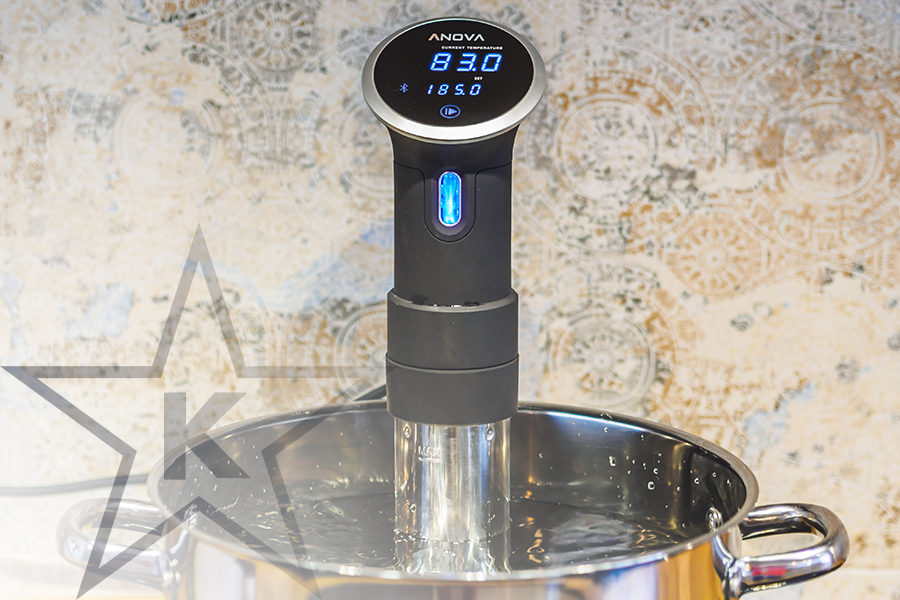


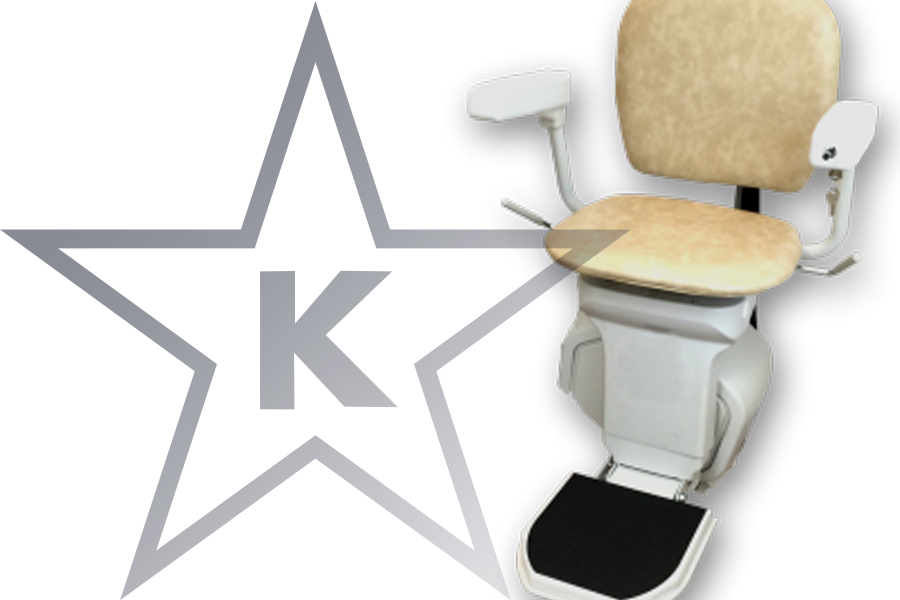

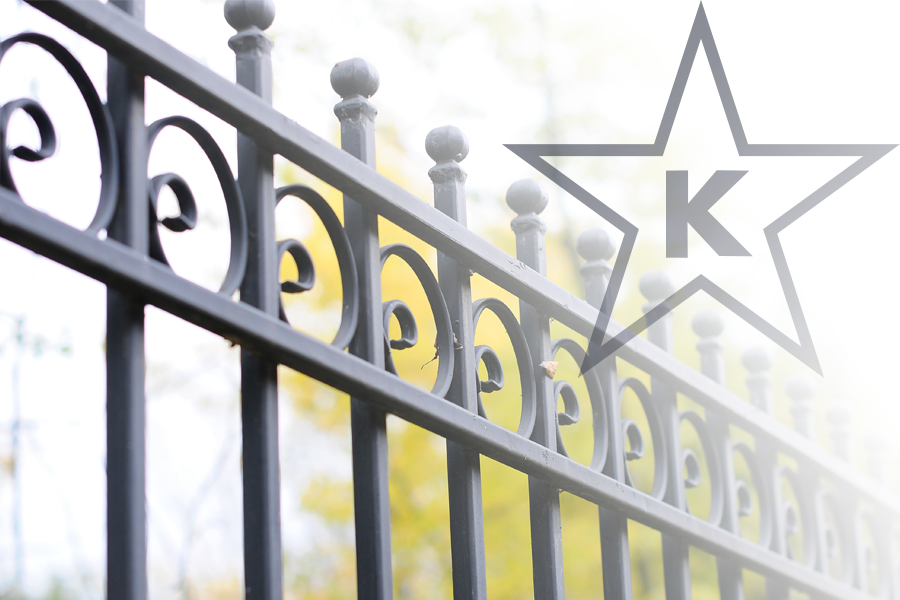
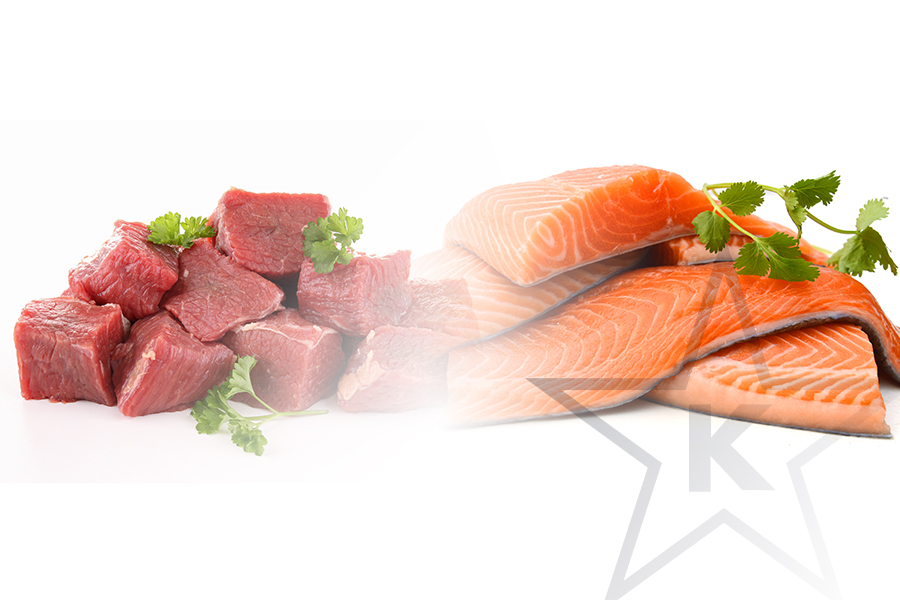
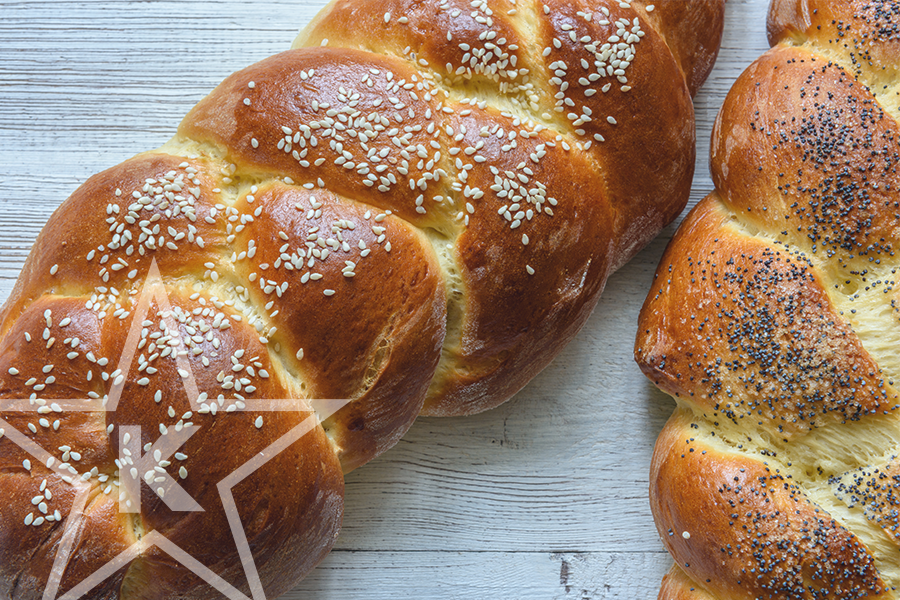
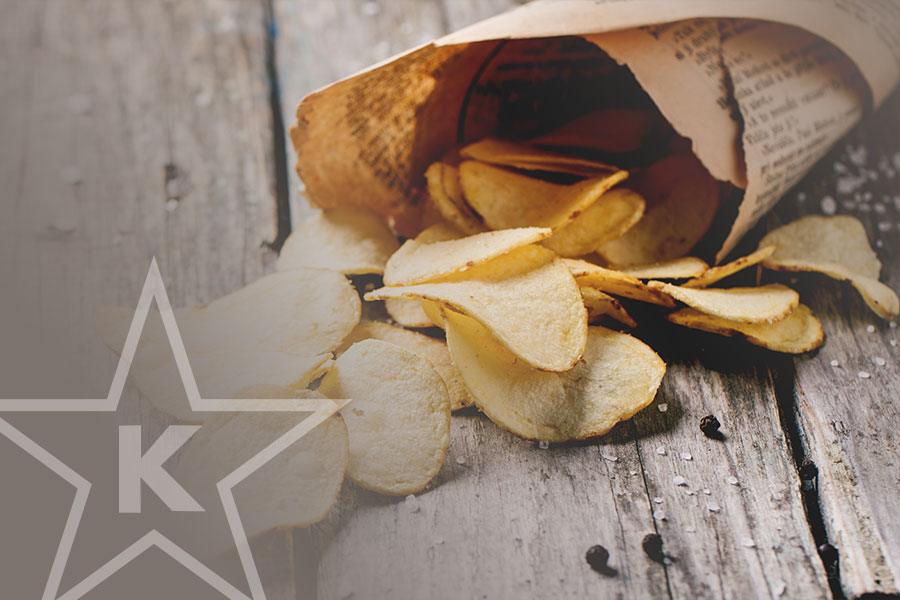
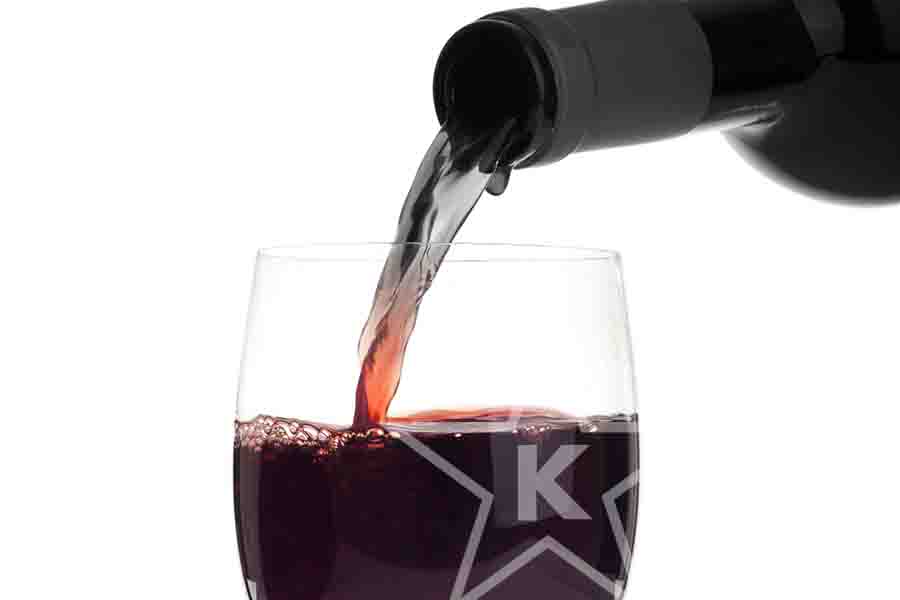

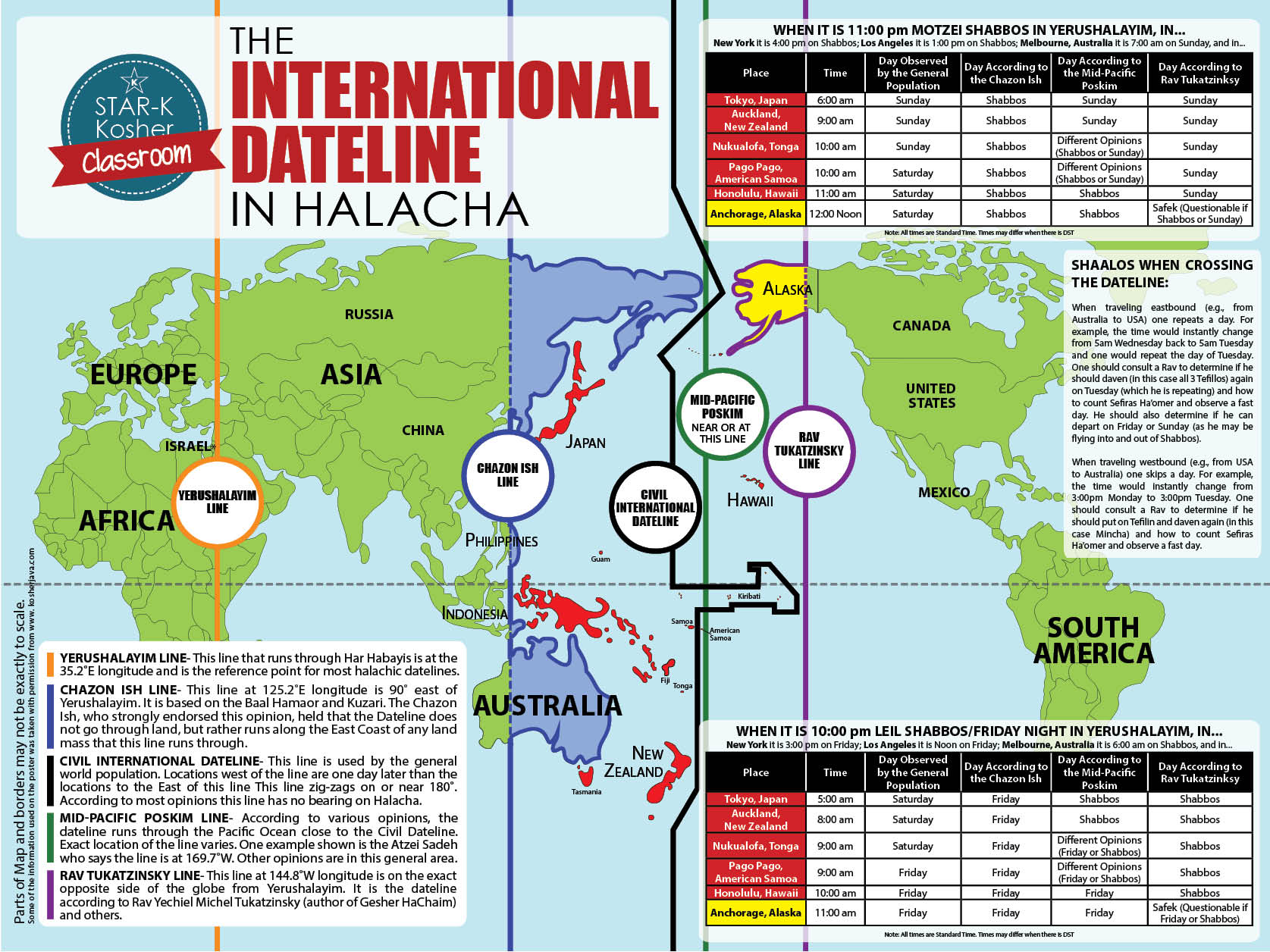
 STAR-D
STAR-D STAR-S
STAR-S